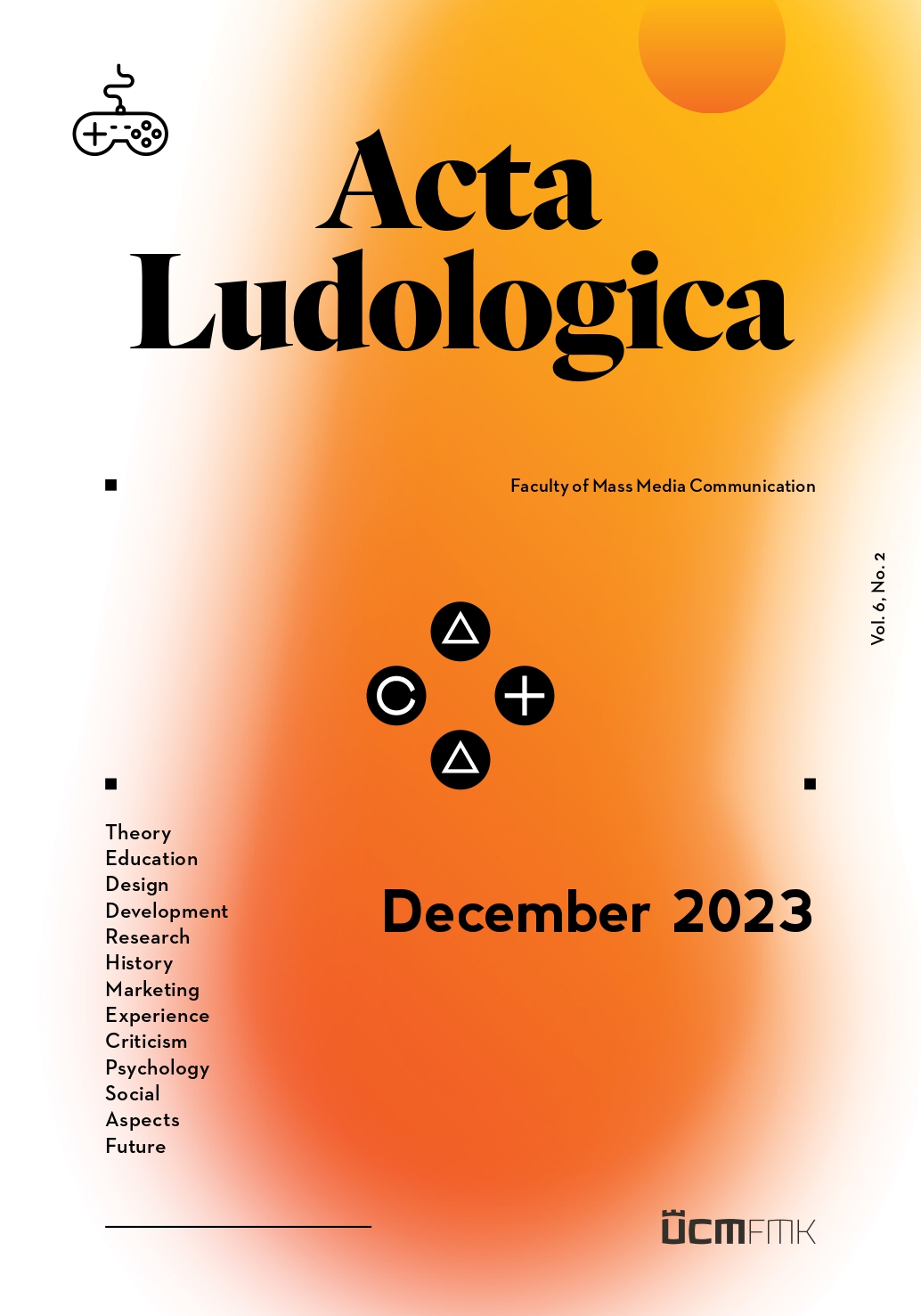ABSTRACT: This article takes a ludological approach to QAnon and investigates the conspiracy phenomenon as an Alternate Reality Game. Drawing extensively on media reportage of QAnon and reviewing its discussion in the domains of digital culture, media scholarship and game studies, connections between the QAnon conspiracy movement and digital game rhetorics in far-right online spaces are highlighted, with attention to the notions of Gamification and Dark Play. Exploring the intersection of digital game cultures, online conspiracy movements and political extremism, this paper invites scholarly attention to various aspects of QAnon from the fields of games studies and play studies. With the QAnon phenomenon highlighting the significant political impact and import of games culture, this paper shows that the field of ludology has much to offer a range of researchers in interpreting the motivations and meanings of the online communities from which QAnon emerged.
KEY WORDS: alt-right, alternate reality games, conspiracy, dark play, game studies, post truth, QAnon.
View full article
